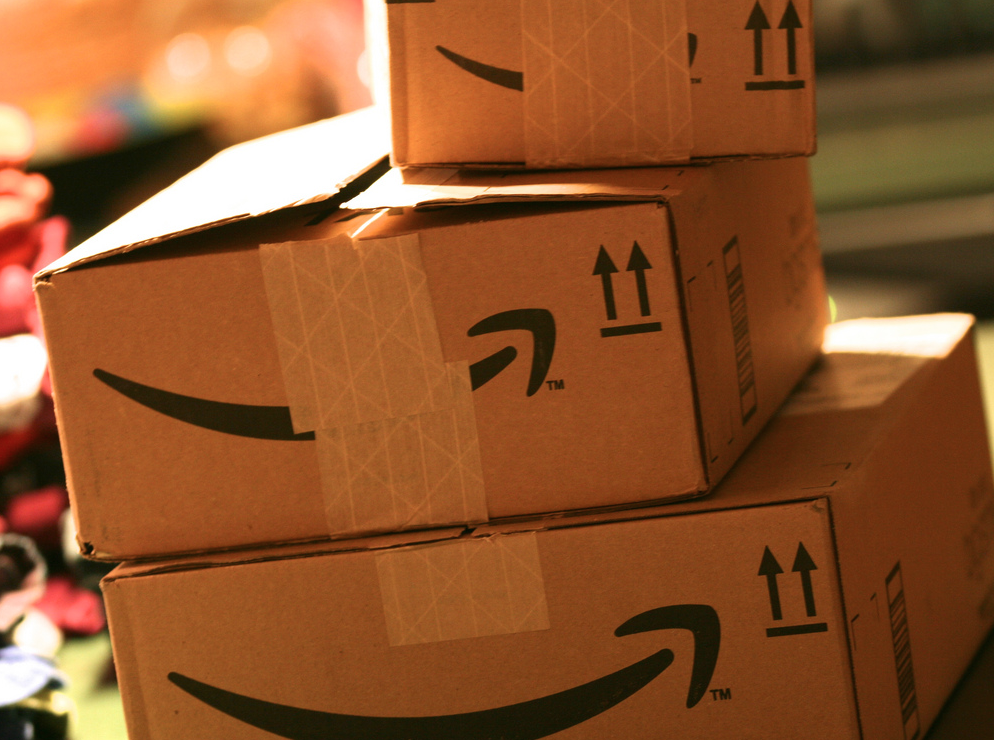Amazon Going After Costco, Sam’s Club With ‘Pantry’ Bulk-Buying Service
USA Today has the goods on Pantry, which Amazon has not announced but which looks to be slated for a 2014 launch.
In spite of the fact that Costco and Amazon attract similar customers — people who want low prices, large selection and reasonably decent customer service — shipping has hampered Amazon’s ability to sell these everyday purchases in two ways. First, the cost of shipping these sorts of items is often inordinately high compared to the sale price. If Amazon eats that shipping cost, it may lose money. If it charges shipping costs to the customer, any value goes out the window.
Second, while many Costco and Sam’s Club shoppers have no problem loading up their carts with everything from computers to cream cheese, the idea of buying household staples and having to wait days for these purchases to arrive — or to have them come in separate shipments (not to mention all the cardboard boxes!) — is disconcerting.
While Pantry, which USA Today says will be marketed to Amazon Prime subscribers, can’t do anything about the time delay between ordering and receiving, it does deal with some of the other shipping-related issues.
From the USA Today story:
It will launch with about 2,000 products typically found in the center of grocery stores, such as cleaning supplies, kitchen paper rolls, canned goods like pet food, dry grocery items like cereal and some beverages.
Amazon will let Prime shoppers put as many of these items into a set sized box, up to a specific weight limit. If the products fit and they don’t exceed the maximum weight, Amazon will ship the box for a small fee.
So Amazon cuts down on its shipping costs by grouping as many items as possible into one box, especially if all those boxes are the same size and about the same weight.
The customer will get all his orders at once and without the cardboard apocalypse that would have occurred if items had shipped separately. It certainly won’t be a Costco-killer, but it could give Amazon a bigger slice of the $850 billion/year packaged goods market.
Of course, much remains to be seen about Pantry. Will the prices be comparable to what you get at warehouse clubs? Will Pantry be selling the same super-sized mayonnaise jars and triple packs of ketchup, or will the items for sale be more what you’d find in a typical grocery store? For customers purchasing multiple Pantry boxes at once, we’ll be curious to see if Amazon optimizes boxes so that customers get the most value out of them, or if the e-tailer will arrange items so as to squeeze the most money from the customer.
We won’t know the answers to any of this until Amazon reveals more info (or if anyone at the company wants to tell us at tips@consumerist.com)
Want more consumer news? Visit our parent organization, Consumer Reports, for the latest on scams, recalls, and other consumer issues.


